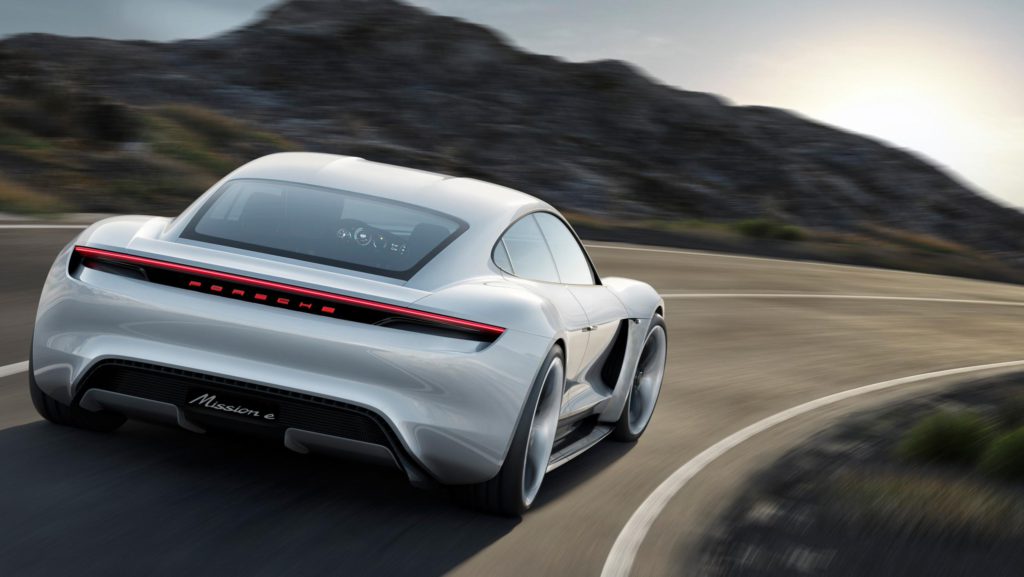Porsche doubles EV investment as Polestar considers production expansion
08 February 2018

8 February 2018
Porsche is to double its investment in greener vehicle technology as it looks to compete in what is fast becoming a crowded marketplace.
The company is pressing ahead with its Mission E concept vehicle, and will increase its expenditure on electromobility to €6 billion by 2022, up from its original €3 billion budget. This includes spending on material assets and costs for developing both electric vehicle and plug-in hybrid technology as the manufacturer looks to compete with Tesla in the premium electric car market.
In a statement, Porsche said around €500 million would be used for the development of Mission E variants and derivatives, with several hundred million euros used for the expansion of sites, plus around €700 million in new technologies, charging infrastructure and smart mobility.
At Porsche headquarters in Stuttgart, a new paint shop, a dedicated assembly area and a conveyor bridge for transporting the painted bodies and drive units to the final assembly area is currently being constructed. The existing engine plant is being expanded to manufacture electric drive trains, and the body shop will also be developed. Investment is also planned for the Weissach Development Centre, allowing it to develop and produce the Mission E.
Porsche will also invest €1 billion for the electrification and hybridisation of its existing product range. Porsche recently said decisions to position a plug-in hybrid version of the Panamera sedan as its top-of-the-line version, in combination with a longer electric range, has been a success.
The company also announced it is becoming a member of Ionity, a joint venture with Audi, the BMW Group, Daimler and Ford. The goal of this venture is to construct and operate 400 powerful rapid charging stations along the major European traffic routes by 2020. Construction began back in 2017. To complement the work of Ionity, the European Porsche dealer network is becoming part of a rapid charging infrastructure.
Porsche is Volkswagen Group’s (VW) most profitable brand, and such a large investment will secure its future in a changing marketplace. VW’s own brand will invest €70 billion in new electric models, with 30 due in showrooms by 2025.
Meanwhile, Polestar, the dedicated performance electric sub-brand of Volvo, is deciding whether to invest in increasing production for its debut model, following strong demand.
Since the company announced the Polestar 1 in October last year, more than 5,000 people have expressed an interest in the €150,000 vehicle. The car is expected to have a plug-in hybrid powertrain, producing 600bhp and 93 miles of electric-only range. It will make its debut at the Geneva motor show in March.
Currently, Volvo plans to build 500 units of the Polestar 1 a year over three years on one shift at its new factory in Chengdu, China. Production is expected to start in 2019, while pre-orders will be taken this spring.
Photograph courtesy of Porsche